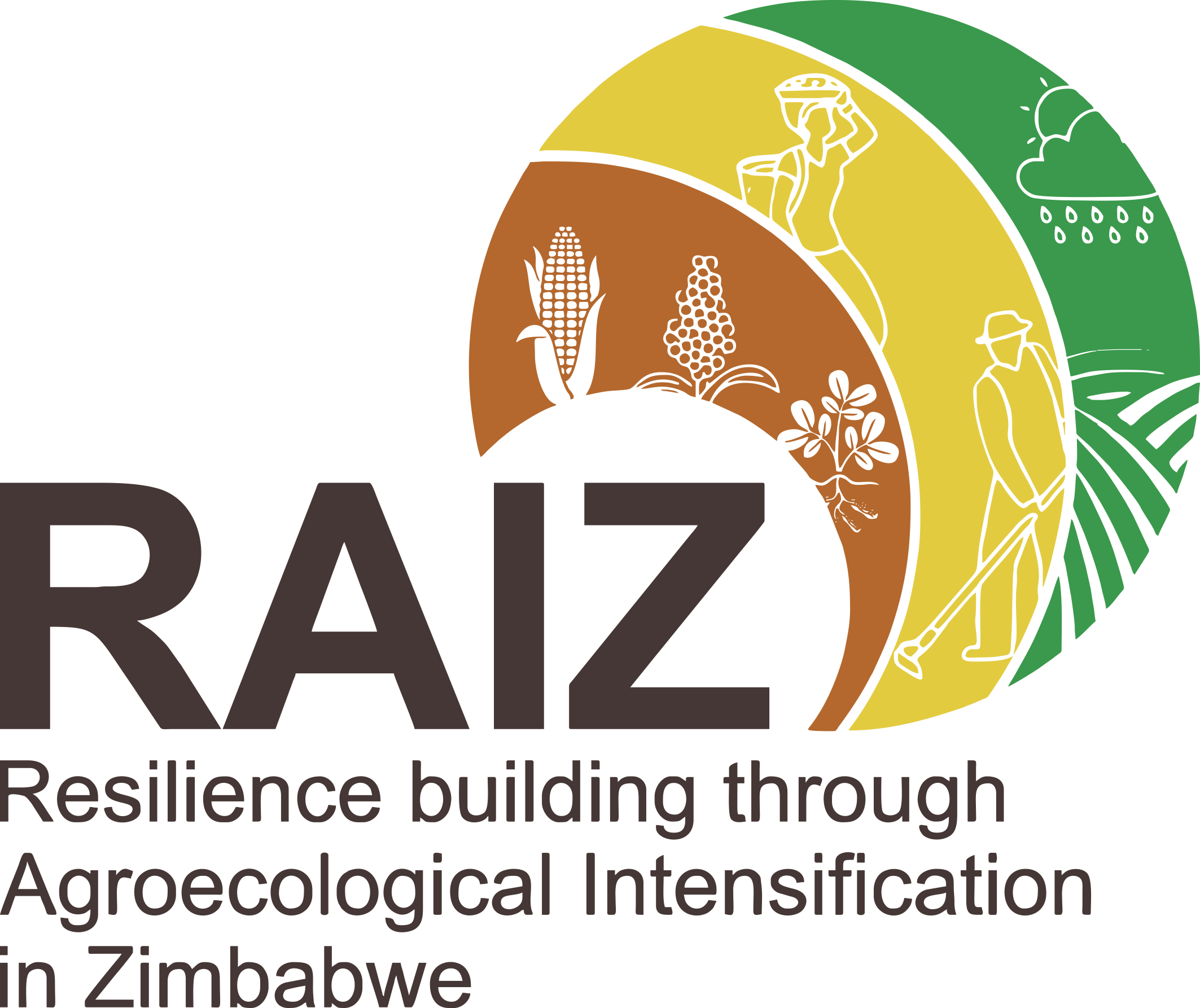BACKGROUND
10 Year Framework
Zimbabwe developed a 10-year (2018-2028) framework to facilitate the promotion of CSA. However, adoption of CSA remains limited. Agroecological practices (AE), and the systemic perspective embedded in agroecological approaches, could help address climate change challenges, and enhance sustainable intensification of agriculture in Zimbabwe. The key hypothesises underlying the project are:
There are household-level trade-offs between short-term increase in farm income and long-term environmental sustainability, and;
multi-stakeholder, multi-scale and multi-disciplinary approaches are needed to assess and solve these trade-offs.

What we Do
Our primary focus
The project will enhance scientific understanding of the biophysical and social factors and processes underlying the functioning and impacts of agro ecological practices for climate resilient and productive agriculture in a context where poor family farms predominate.
Across the sites of the project¸ it will apply a range of complementary methods, including socio-economic characterisation of household’s sustainability assessments at field, farms and territory levels, and field project will also will take place within “living labs” seen as the reunion of physical infrastructure, research and technical personnel, as well as the stakeholders involved in the project activities.
Team Europe Initiative
The project was conceived as the research component of the “Team Europe Initiative” (TEI) on “Climate Smart Agriculture for resilience building”, formulated by the delegation of the EU in Zimbabwe together with interested Member States. The long-term broadening of the impact of the project will also be favoured by its strong capacity building component, targeting both academic curricula and extension services, as well as the involvement of policy makers with responsibilities from district to national levels.
Main activities
The project main activities will include: documentation of current experiences and success stories on agroecology and CSA and formulation of the lessons learned for resilience building; development of concepts and methodologies to be used in all research sites; organization of discussions of findings with relevant stakeholders and encouragement of joint identification of necessary adaptations and modifications at farm/community, advisory level (extension) as well as for TEI donors and implementing partners; development of a user-friendly farming system decision support framework and associated training materials that allow advice and capacitate farmers on best allocation of farm and community resources.